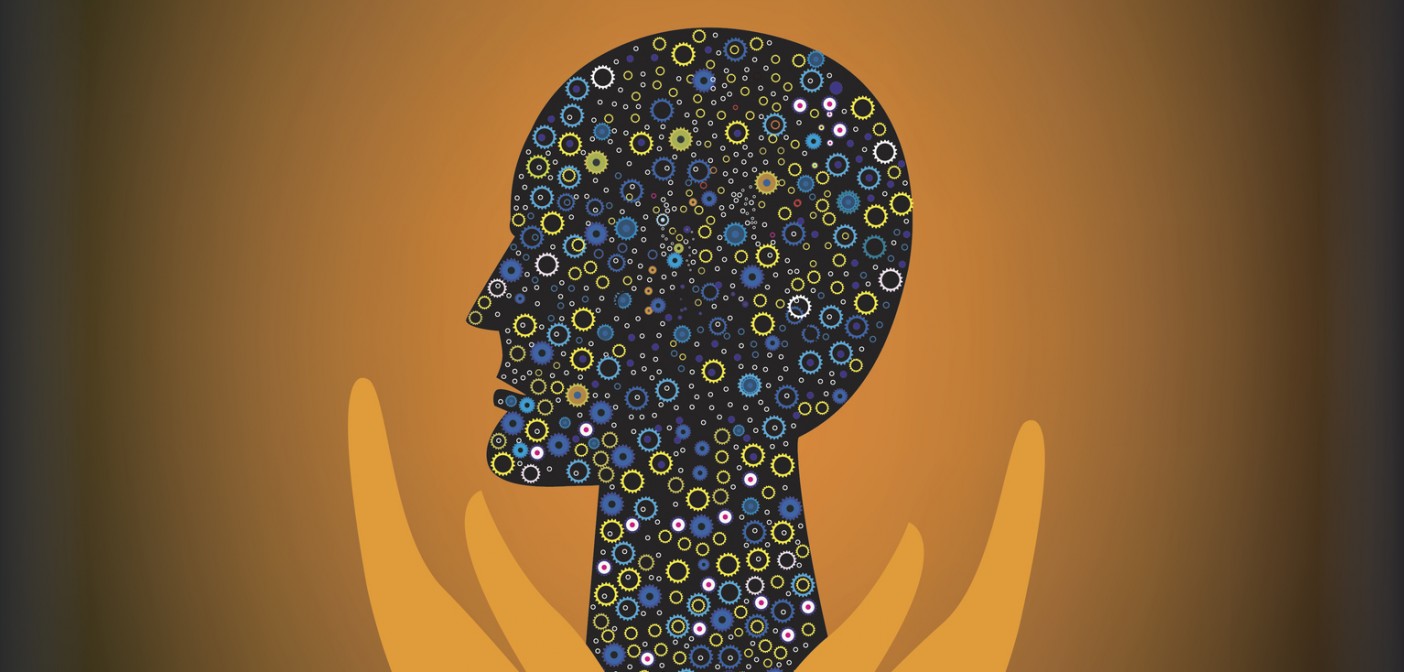In 2012, a pan-European poll on occupational safety and health asked the question: “Do you think that the number of people suffering from job stress (in your country) will increase, decrease or stay the same over the next 5 years?” The result was that 77% (8 out of 10 respondents) said it would increase and 47% answered that it would increase a lot.
We are now in 2017, 5 years on and the number of people suffering from job-related stress did indeed increase. It is estimated that the cost to European businesses and social security systems adds up to €600 billion a year. With this figure in mind, it should come as no surprise that the World Health Organisation (WHO) has dubbed stress the health epidemic of the 21st century.
In my article “Stress: A conflict between biology and culture” (published in the January edition of this magazine), I offered an evolutionary perspective on why stress has become such a nuisance to our health and wellbeing.
In brief, I explained that since we’ve been able to manipulate fire we’ve started to change our environment, to make life easier. The agricultural, industrial and technological revolutions followed on from each other with increasing speed, radically changing within an extremely short time every aspect of how we live and work.
Yes, modernisation and the rise in technological and economic progress has made life easier and has increased life expectancy. However, the unexpected drawback of this progress, especially over the last 10-15 years, is its detrimental effect on our health and wellbeing. Technological and economic progress has encouraged the rise of unhealthy lifestyles and increased stress levels, which in turn have contributed to the spread of chronic degenerative diseases and mental disorders: coronary heart disease, cancer, strokes, type 2 diabetes, musculoskeletal disorders, stress, depression, dementia, burnout…
Another unexpected drawback is the impact on the size of our brains. Contrary to what you might have heard, our brain has shrunk over the past 20,000 years. John Hawks, professor of anthropology at the University of Wisconsin, explains:
“Over the past 20,000 years, the average volume of the human male brain has decreased from 1,500 cubic centimetres to 1,350 cc, losing a chunk the size of a tennis ball. The female brain has shrunk by about the same proportion. “I’d call that major downsizing in an evolutionary eye-blink,” he says. “This happened in China, Europe, Africa—everywhere we look.” If our brain keeps dwindling at that rate over the next 20,000 years, it will start to approach the size of that found in Homo Erectus, a relative that lived half a million years ago and had a brain volume of only 1,100 cc.”
http://discovermagazine.com/2010/sep/25-modern-humans-smart-why-brain-shrinking
On top of the gradual effects of modernisation on our brain size, chronic stress and anxiety will, if not attended to, shrink your brain further and far more rapidly than you might imagine, with huge ramifications: increased anxiety and memory loss, to name but a few. (Ensell, et al. 2012).
But what about tomorrow? To quote David Bowie: “Tomorrow belongs to those who can hear it” So what will tomorrow bring? Will the number of people suffering from work stress increase, decrease or stay the same? Statistics for this aren’t available yet but what do you think? I think it will increase and I’m very concerned about this. I’m concerned because I’m starting to see the effects of this fourth industrial revolution, as it is called, in some of my patients already.
The way we live and work has changed exponentially over the last 10 years, but this is nothing compared to what is to come, when ever more tasks, and even whole jobs are outsourced to robots and intelligent appliances. What was once science fiction will become science fact and less and less will be impossible.
Did you know that according to an Oxford study, around 50% of all jobs could be replaced by robots in the next 20 years? According to that study, there is an 86% likelihood that administrative professionals, including assistants, will be replaced by robots or AI. That said, even if not replaced, the work of assistants surely will change significantly over the next 5-10 years, as more and more tasks are automated. Indeed, everything that is routine in a job will be automated, according to futurist Gerd Leonhard.
From an economic and evolutionary perspective, this increased automation is very logical, but it also offers a solution to one of the biggest work-related health problems: stress. Work-related stress is experienced when the demand on an employee is greater than their resources. At first sight, then, the reasoning that automating more will reduce those demands seems sound.
However, will it actually reduce stress levels? I don’t think so. Rather, I envisage the appearance of a new form of stress: spiritual stress, referred to in medical terms as existential anxiety. It’s already here if the new questions and health problems my patients come to my practice with are any indicator (body-mind disconnection, feelings of hopelessness and numbness).
While until recently our modern lifestyle affected people essentially on a physical and mental level, the fourth industrial revolution, with the rise of artificially intelligent devices, will cause problems of a more existential nature as the very foundations of life and its meaning are called into question. Personal fulfilment and meaning are essential human drives, and for the moment the main contributor of meaning for many people lies in their job. When work falls away or becomes menial, what then?
Not only is there the question of meaning and fulfilment, but that more comfortable lifestyle will have an adverse effect on our health, wellbeing… and brain size! There is thus a very real risk that automation will only increase our current problems.
Automation cannot be stopped; robots and artificial intelligence are here to stay and that is the way it is. However, we must to start thinking and finding ways to stay healthy in body, mind and spirit in this more automated world.
In the article ‘Will robots replace assistants?’ (published in the January edition of this magazine) Craig Allen proposed that it is important for assistants to invest in training and acquire new skills to assure their future in a changing world. In the article “Will life be worth living in a world without work? Technological unemployment and the meaning of Life”, Dr. John Danaher argues that adopting an integrative approach to our relationship with technology is a possible option. This is the option where technology is directly integrated into biological systems and we become cyborgs.
This view is in complete opposition to the thoughts of futurist Gerd Leonhard, who explains in his book “Technology vs. Humanity” that we need to focus on what cannot be automated, going beyond technology and data. For him, the new way to work is to embrace technology but not to become it.
So, how do you prepare for what is emerging? Stay informed about the changes in your workplace, start the dialogue with your colleagues and prepare. Prepare yourself by finding out what the non-routine parts are or what cannot be digitalised in your job. Those parts will become the most valuable in the future. Also start doing things you find meaningful, that give you energy and fulfilment outside your work. Start with these today and you’ll be ahead of the game, becoming more resilient in changing times.
- John Danaher: Will life be worth living in a world without work? Technological unemployment and the meaning of Life (https://philpapers.org/archive/DANWLB.pdf)
- Scientists are alarmed by shrinking of the human brain (http://www.ancient-origins.net/news-evolution-human-origins/scientists-are-alarmed-shrinking-human-brain-001446)
- Pan European opinion poll (https://osha.europa.eu/en/safety-health-in…/eu-poll-press-kit.pdf)
- Craig Allen: Will robots replace assistants: (http://executivesecretary.com/will-robots-replace-assistants)
- Tom Meyers: Stress: A conflict between biology and culture: (http://executivesecretary.com/stress-a-conflict-between-biology-and-culture/)
Originally published at executivesecretary.com


